Behind the scenes: Establishing a culture of business integrity
18th May 2023 | 2 Comments | By Alex Traube-Childs
Following a hectic end to 2022 and an equally busy first quarter, I would like to reflect on the work that the Business Integrity Team is doing as we seek to promote business integrity and transparent working practices across our sub-Saharan portfolio of projects and businesses.
What do we mean by business integrity?
We recently changed the terminology that we use when discussing our efforts to prevent financial crime occurring across our business. We replaced ‘Compliance’ with ‘Business Integrity,’ a subtle change but one which I feel better reflects the type of work undertaken by my team – we cover everything from anti-money laundering and customer due diligence work to fraud, bribery and corruption risk management, to reputation management and governance. Ultimately, our approach to business integrity goes beyond compliance. Business integrity is not just checking that a policy is adhered to but ensuring that policies are designed to be appropriate to the business, that they are working effectively and that staff understand and buy into their principles.
Why does business integrity matter?
As part of the Private Infrastructure Development Group (PIDG), InfraCo Africa is funded by the governments of the UK, the Netherlands and Switzerland and we are accountable to the taxpayers of these countries. We seek to prevent bribery and corruption across our portfolio, not only because to do otherwise would negatively impact our reputation and incur financial penalties, but because it is the right thing to do.
It is well documented that the infrastructure sector is especially vulnerable to bribery risk, particularly in developing countries.[i] With this in mind, business integrity is crucial to ensuring the future viability and long-term success of our projects and investments. When we talk about the negative impact of bribery and corruption in the context of infrastructure, we are not just talking about money ‘disappearing’ or being channelled into individuals’ pockets, but the potential for poor safety checks and standards or the use of substandard building materials. Building infrastructure to applicable standards and using appropriate materials is crucial as failing to do so can not only result in lenders terminating loans, projects failing or suffering reputational damage, but buildings collapsing and the loss of life. By ensuring that our funding is being used for the desired purpose, we can maximise the positive development impact delivered for Africa’s infrastructure end users.
My team works in parallel with our PIDG HSES and Finance colleagues who embed strong environmental and social standards across our investments and ensure that the safety and financial controls we put in place are not circumvented. This work ensures that we maintain the good reputation of InfraCo Africa and the wider PIDG. Crucially, it also positively impacts the ability of our projects and businesses to attract customers and to secure further investment. Simply put, strong management of business integrity risk makes commercial sense.
Challenging existing attitudes
A key challenge to embedding best practice in business integrity can be confronting prevailing attitudes. In many of the countries in which we work, there is an expectation that you cannot do business without making facilitation payments. Working to change this mindset is key. It’s been really interesting getting out to our projects and hearing first-hand about the challenges they face and then brainstorming potential solutions with them. One of our projects used to frequently have their vehicles stopped by the police and would be asked to make payments to continue their journeys. They now have stickers in the vehicle windows which state that they do not pay bribes and this has resulted in a significant decrease in requests. This is just one example of how a team is working to overcome these challenges.
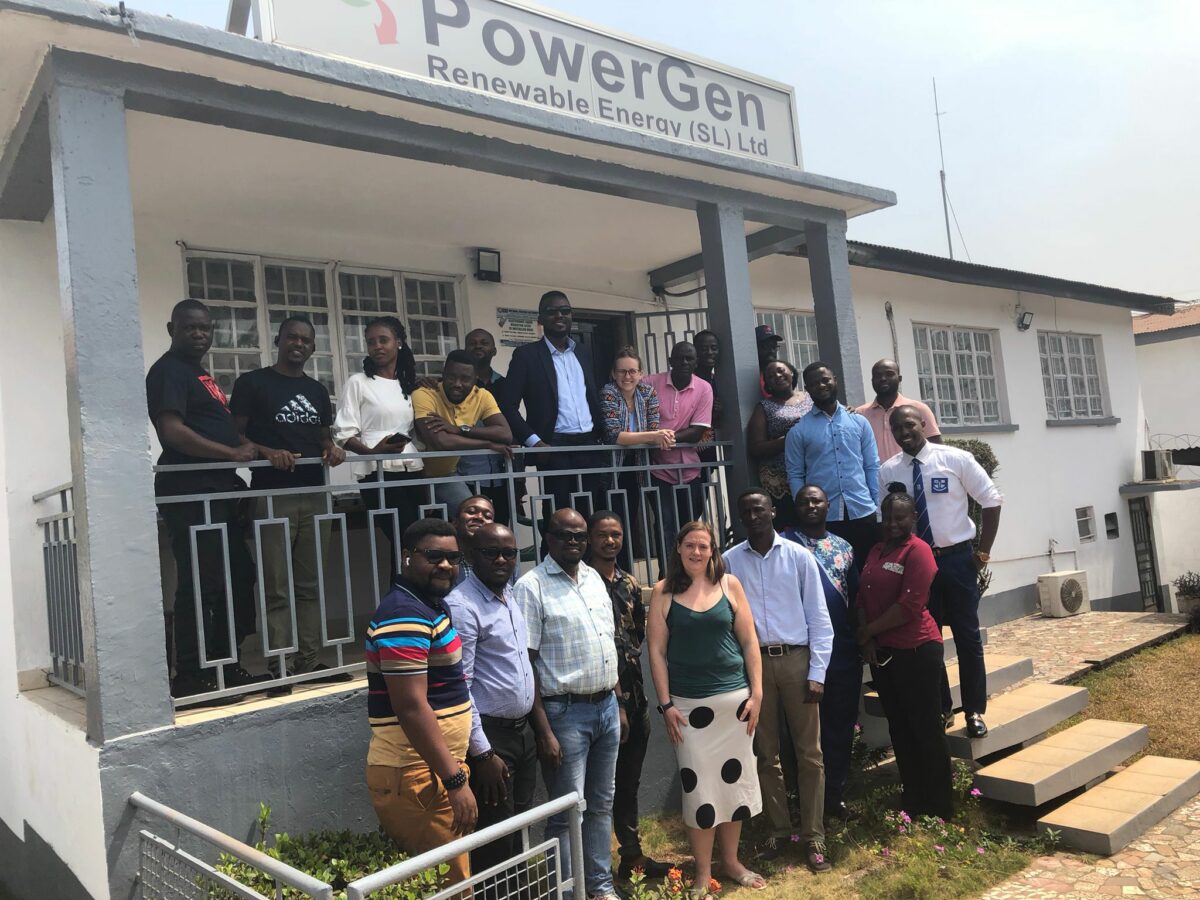
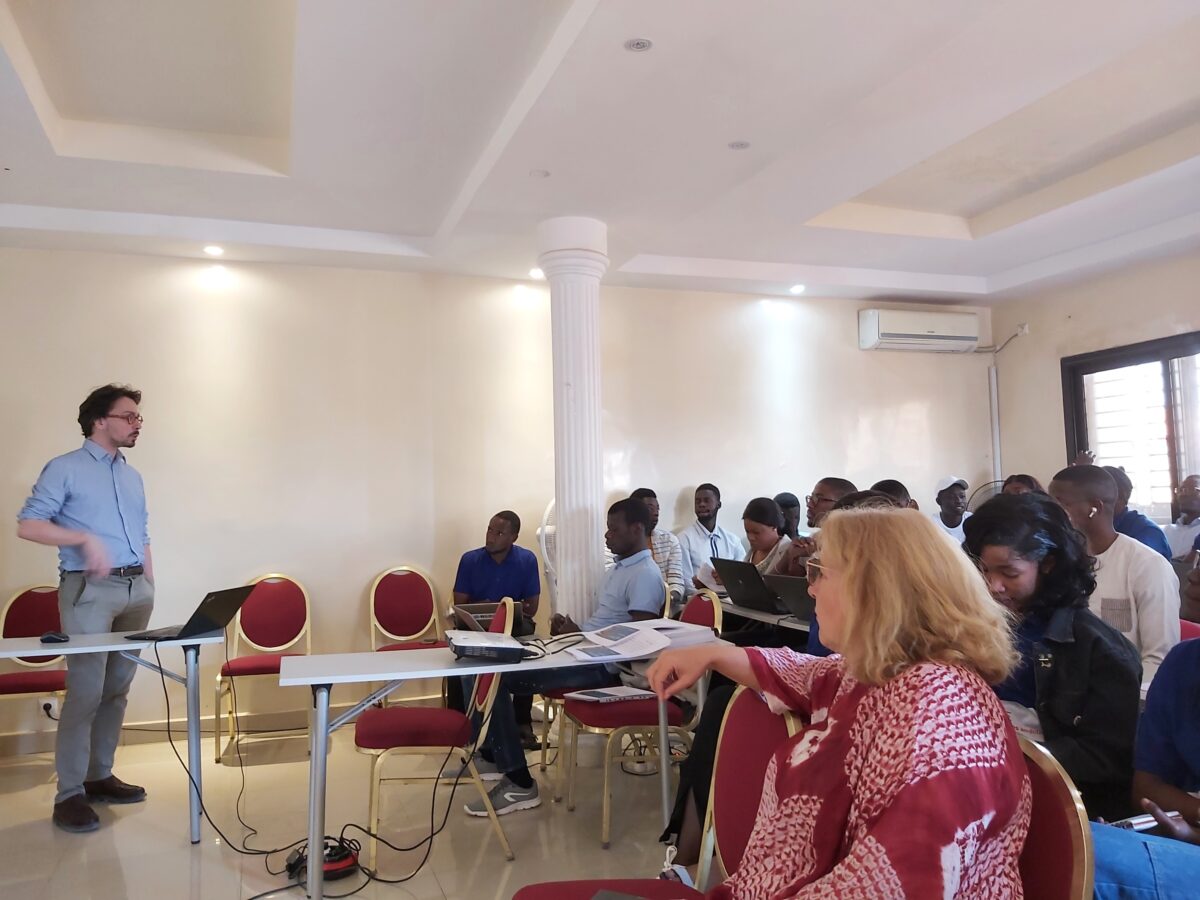
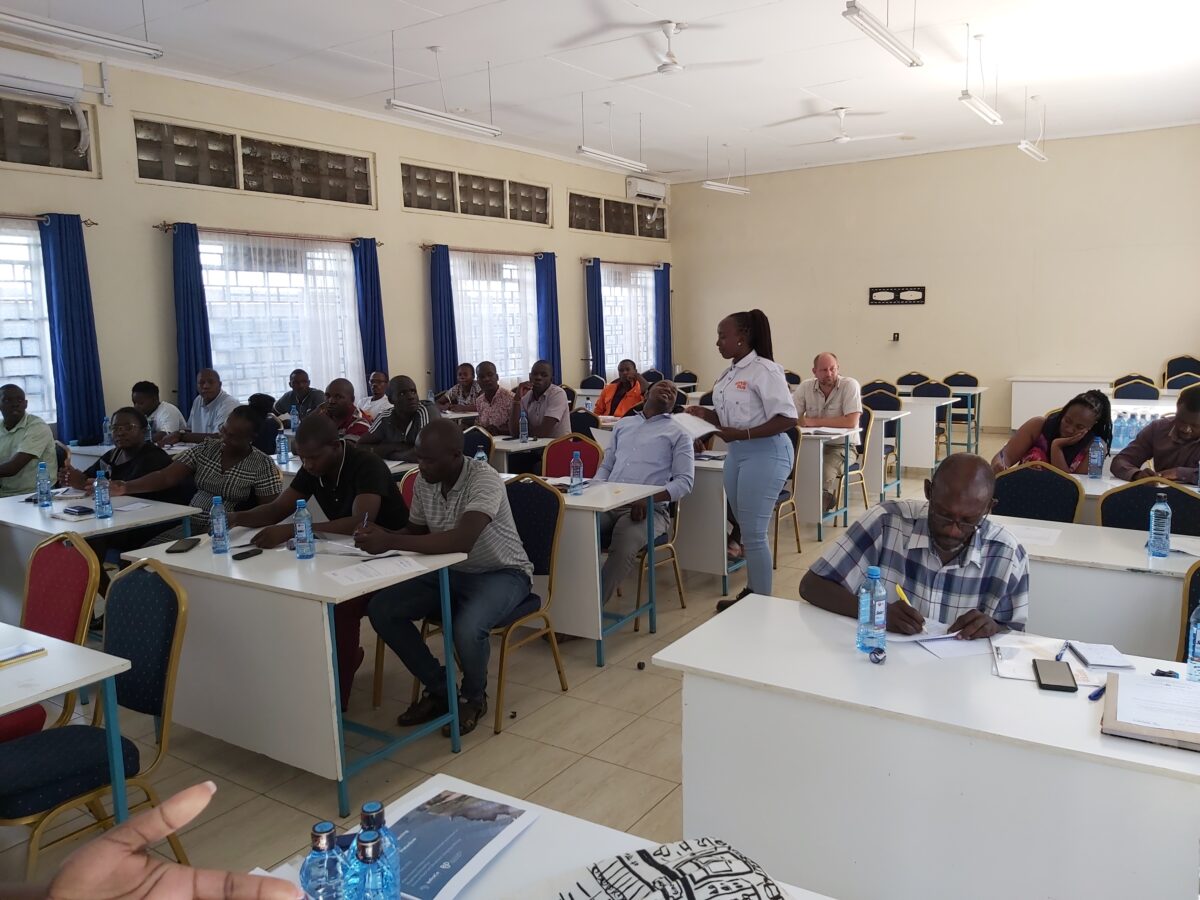
Adopting a ‘hands on’ approach.
My team are process driven and technical when they are undertaking matters such as Know Your Customer (KYC) checks, but they also need to be inquisitive, probing and culturally and socially aware when undertaking business integrity investigations.
We also bring expertise derived from continuously improving InfraCo Africa’s own anti-bribery management system which has been recognised as ISO37001 compliant by Lloyds Register since 2018. ISO37001 certification is monitored annually and seeks to recognise companies with well-implemented systems designed to prevent, detect, report and deal with bribery across their business practices.[i] We regularly review the policies of our partners and share our own experience of the certification process and standards with them. Following on from this, one of our investments, InfraCredit Nigeria has achieved ISO37001 certification for its business, a fantastic achievement for the Lagos-based team. More recently, with support from the InfraCo Africa Business Integrity team, the Waterbus project was approved as a Certified Blue Company by the East African Blue Company Project. The Blue Company Project is a voluntary certification scheme which recognises corporations and institutions in East Africa that have put in place and comply with anti-bribery and corruption policies and which are committed to fighting corruption in all its forms. These achievements are testament to the value placed on high standards of business integrity across the PIDG portfolio.
Sharing best practice
In order to share best practice, the Business Integrity Team delivers regular training to our staff and project partners. Our recent work has involved delivering in-person training sessions to our projects and investments across Sierra Leone, Uganda, Kenya, Zimbabwe and Senegal. These projects and businesses operate in different jurisdictions and across a range of sectors including marine transport, on and off-grid energy, electric mobility, affordable housing and solar powered irrigation but, interestingly, they all face similar challenges when seeking to prevent bribery, corruption and financial fraud.
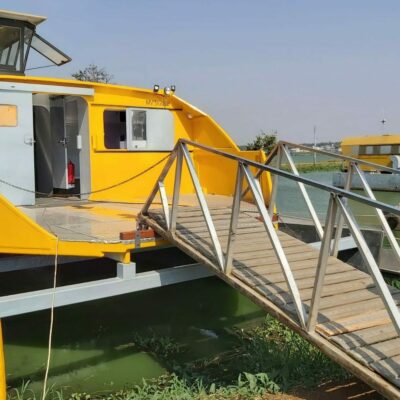


Our recent training covered everything from bribery and corruption, money laundering and terrorist financing and fraud. To contextualise the risk, we tailor our training to each country, for example by exploring local legislation and penalties. We also look at cases that have gone through the courts and how the UK Bribery Act is applied to projects outside of the UK that have UK involvement, such as our own.
We train everyone – from senior management to ferry crews and office teams – and we do this for two reasons; firstly, to assure ourselves that the anti-corruption policies we implement as a condition of our funding are being complied with, and secondly, to be sure that staff throughout each organisation fully understand them and know how they should be applied in practice.
Written policies prohibit bribery in all its forms, but they do not explain how individuals should respond when asked to pay a facilitation payment or decline a gift. We’ve found that discussing real-life scenarios on topics such as gifts and hospitality, per diems, travel expenses and conflicts of interest often inspire really interesting discussions: these are the areas which are frequently targeted with the aim of extracting value from a business and that people need practical advice on managing. For example, how do you manage a request for a bribe without disrupting a business relationship? How do you ensure that you will get what you need for the project to progress without falling foul of the law? It is these practicalities that we discuss as part of our training and which I hope build confidence across our portfolio companies, as well inspiring more questions!
Monitoring the impact of our training
On the day, we gather feedback from participants regarding what they have learned from the sessions and what they would like to know more about. This helps us to pitch future training effectively. In due course, we review each company’s compliance with the agreed management policies and work through any recommendations with them, checking that they have been implemented and providing our ongoing support. This enables us to work closely with the projects and businesses we invest into to reinforce the training and to embed the principles of business integrity. A few of the recent trainees gave us their perspectives on the training which you can read here.
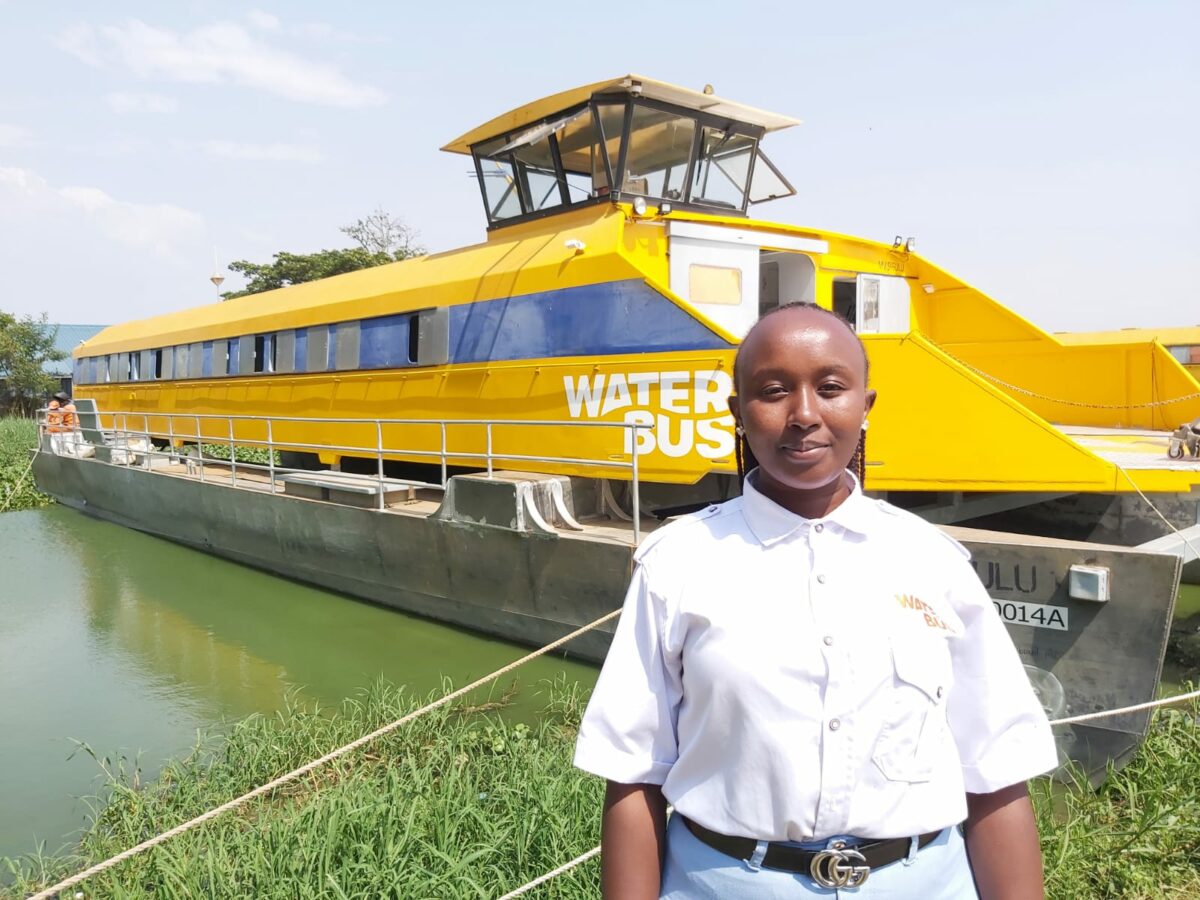
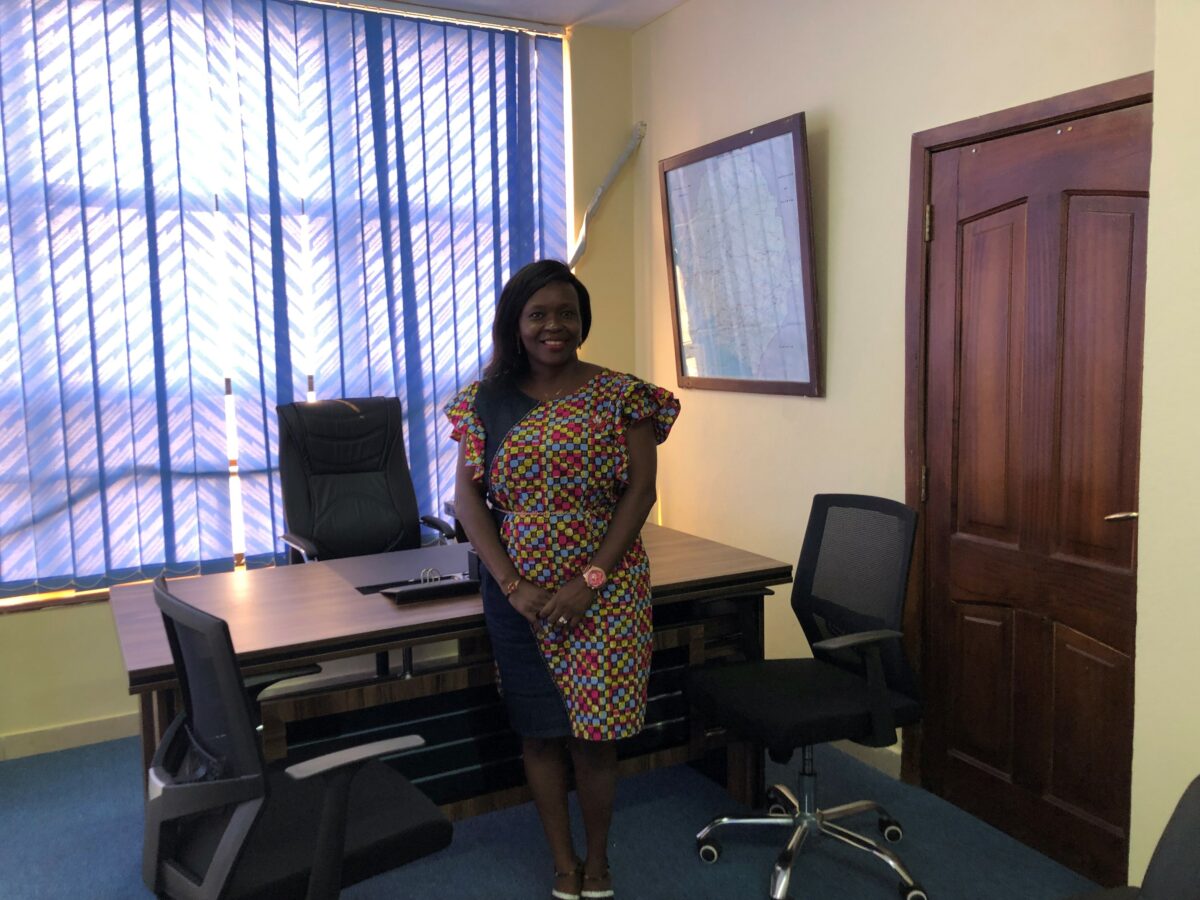
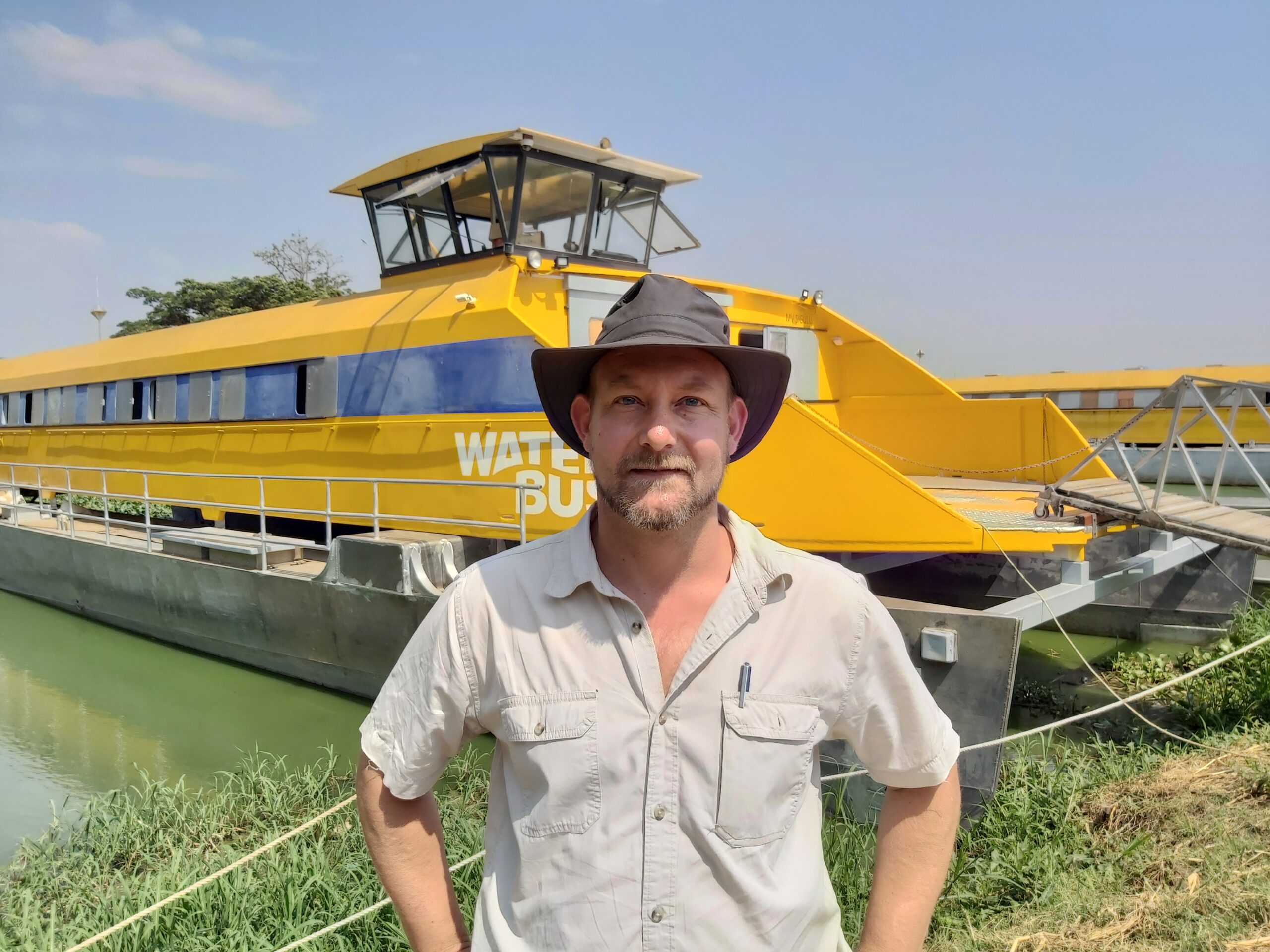
Going beyond the classroom
As I discussed above, the practical application of business integrity training is key. Business integrity should be part of a business’ operating culture and it is something that is embedded over time through the actions of team members and ongoing learning. As an active investor, PIDG and InfraCo Africa are committed to supporting our projects on this journey.
[i] https://www.oecd.org/corruption/oecd-foreign-bribery-report-9789264226616-en.htm
[ii] https://www.iso.org/iso-37001-anti-bribery-management.html
2 Comments
Leave a Reply
Related projects
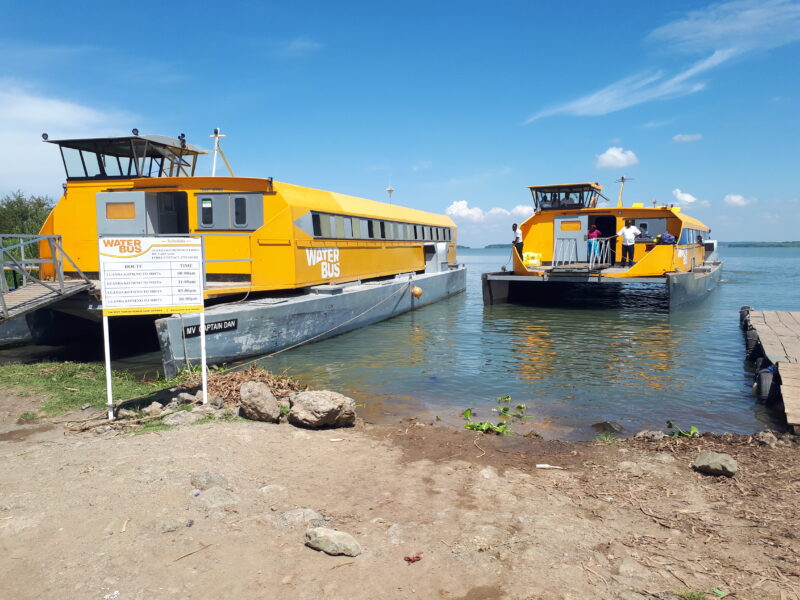
Kenya, Tanzania, Uganda: Waterbus
Connecting isolated communities through safe marine transport
Waterbus is the first passenger-focused service to deliver scheduled ferry routes on Lake Victoria. InfraCo Africa’s investment will support the construction of five new fifth-generation ferries. The new vessels will operate on additional routes in Kenya and on new routes in Tanzania and Uganda.







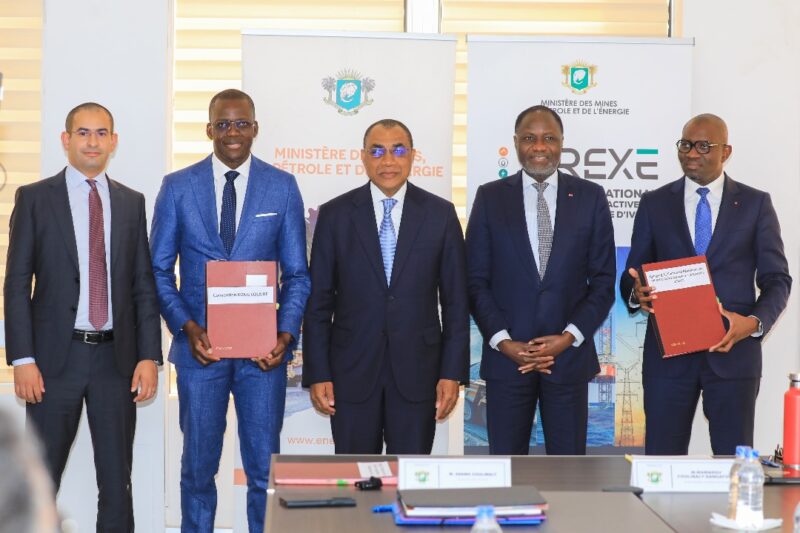
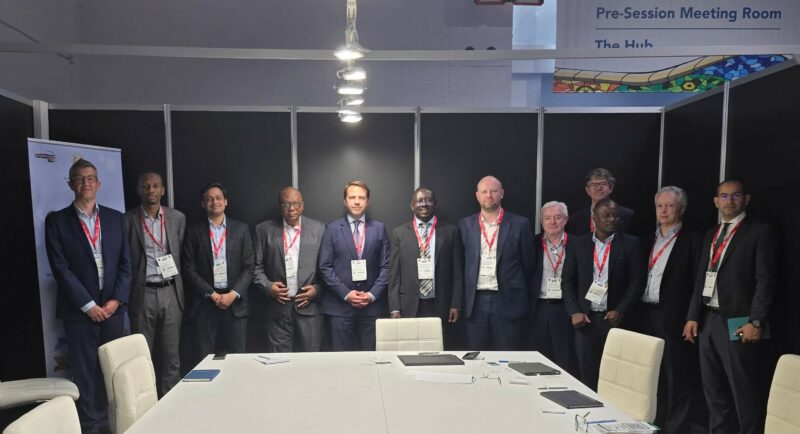

Pilot Paul - 14th July 2023
Establishing a culture of business integrity is paramount for any organization, and this article delves into the crucial behind-the-scenes aspects of achieving that. It emphasizes the importance of clear values, ethical decision-making, and fostering a supportive work environment. By prioritizing transparency and accountability, businesses can build trust with their stakeholders and create a positive reputation. The insights shared in this article are invaluable for leaders looking to cultivate a culture of integrity within their organization. Well-written and highly informative. Kudos!
Lorna McNae - 17th August 2023
Thank you, Paul